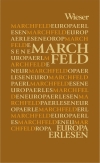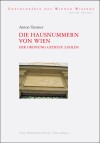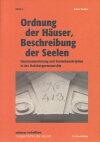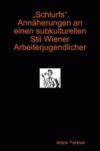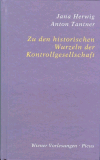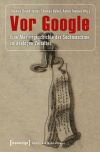Pamela Cox: The future uses of history, HWJ
Frei zugänglich:
Cox, Pamela: The Future Uses of History, in: History Workshop Journal, 75, Spring 2013, S.125-145.
http://dx.doi.org/10.1093/hwj/dbs007
Abstract:
We live in a new era of evidence. The knowledge economy demands new kinds of evidence deployed through new types of channel. Policy-makers demand evidence to support decision-making. ‘Evidence-based policy’ is built around the need to know if a strategy or a policy or any other kind of intervention – in medicine, criminal justice, welfare, banking or international aid – has ‘worked’ and whether it is cost effective. But what kind of evidence is sought and from what sources? How are outcomes evaluated? How do policy-makers deal with the uncertainty and contradictions so often generated by research?.
This article considers the contribution that historians might make in providing and critiquing evidence in these everyday scenarios. Given that our work consists of assembling, selecting, sifting and presenting evidence we might argue that we should play a major role particularly when History as a discipline faces contentious calls to demonstrate its public impact. However, we might argue the opposite. In terms of policy, for example, historians might continue to offer evidence of what ‘has not worked’ in the past as opposed to what ‘might work’ in the future. We might point to the epistemological uncertainties and doubts generated by new empirical claims to truth.
This article focuses on these opportunities and challenges. Using two contrasting case studies, from Vietnam and East Anglia, it asks how historians can carve out a distinct role as constructive sceptics in the knowledge economy.
Cox, Pamela: The Future Uses of History, in: History Workshop Journal, 75, Spring 2013, S.125-145.
http://dx.doi.org/10.1093/hwj/dbs007
Abstract:
We live in a new era of evidence. The knowledge economy demands new kinds of evidence deployed through new types of channel. Policy-makers demand evidence to support decision-making. ‘Evidence-based policy’ is built around the need to know if a strategy or a policy or any other kind of intervention – in medicine, criminal justice, welfare, banking or international aid – has ‘worked’ and whether it is cost effective. But what kind of evidence is sought and from what sources? How are outcomes evaluated? How do policy-makers deal with the uncertainty and contradictions so often generated by research?.
This article considers the contribution that historians might make in providing and critiquing evidence in these everyday scenarios. Given that our work consists of assembling, selecting, sifting and presenting evidence we might argue that we should play a major role particularly when History as a discipline faces contentious calls to demonstrate its public impact. However, we might argue the opposite. In terms of policy, for example, historians might continue to offer evidence of what ‘has not worked’ in the past as opposed to what ‘might work’ in the future. We might point to the epistemological uncertainties and doubts generated by new empirical claims to truth.
This article focuses on these opportunities and challenges. Using two contrasting case studies, from Vietnam and East Anglia, it asks how historians can carve out a distinct role as constructive sceptics in the knowledge economy.
adresscomptoir -
Theorie - Mo, 25. Mär. 2013, 10:01
